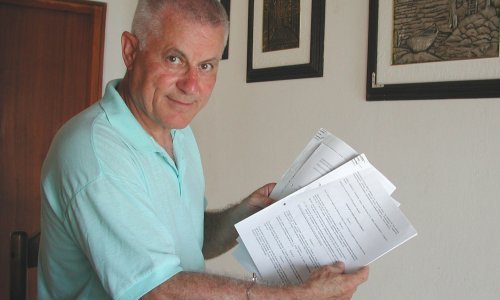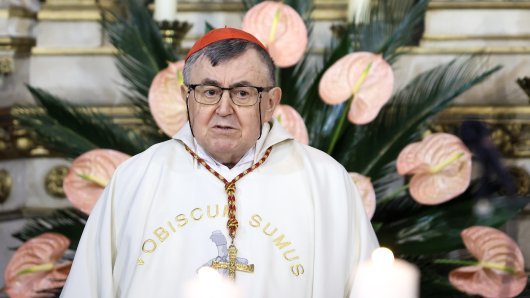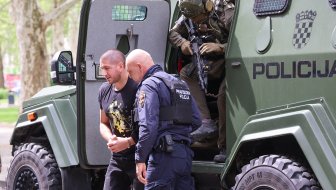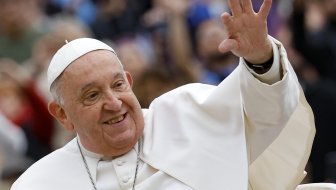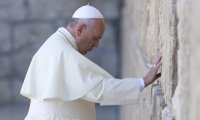The Croatian parliament's legislation committee on Tuesday unanimously supported draft amendments to the law on judicial cooperation in penal matters with European Union member states under which Croatia is expected to apply, upon its EU entry on 1 July, European Arrest Warrants (EAW) for crimes perpetrated after 7 August 2002.
The support was given to the draft changes after a brief discussion, with no mention being made of the case of former Yugoslav intelligence agent Josip Perkovic, whose arrest and extradition may be requested by Germany on 1 July, according to the media.
The German prosecutorial authorities suspect this 68-year-old Croatian citizen of having masterminded the murder of Stjepan Djurekovic, who was labelled by the then Yugoslav authorities as a Croat extremist, who fled to Germany where he was killed in 1983. This case has been in the media limelight since the German Focus weekly reported that upon its entry into the EU on 1 July, Croatia can expect a request from Germany for Perkovic's apprehension and extradition.
Explaining the proposed amendments, Assistant Justice Minister Gordan Markotic said that they would increase the number of courts with jurisdiction to enforce European arrest warrants from the current four courts in Bjelovar, Velika Gorica, Zadar and Vukovar to all county courts in Croatia.
The new legislation will empower all county courts and all county offices of the Chief State Prosecutor to carry out EAW arrest warrants.
As for the proposed article 132 which limits the execution of warrants for crimes committed after 7 August 2002, Markotic said this time frame was set as the practice showed that some EU members were reserved when it came to the EAW implementation.
The EAW Framework Decision came into force on 1 January 2004 and it envisages that the time frame for the restriction of EAW implementation can be shifted to 7 August 2002 as the last deadline, the Croatian official said, explaining that the restrictions could be set up to reduce the inflow of European Arrest Warrant requests from EU member-states immediately upon Croatia's entry.
"According to some estimates, with the 7 August 2002 restriction, Croatia can expect some 80 European Arrest Warrant requests, otherwise this number would considerably rise," he explained.





